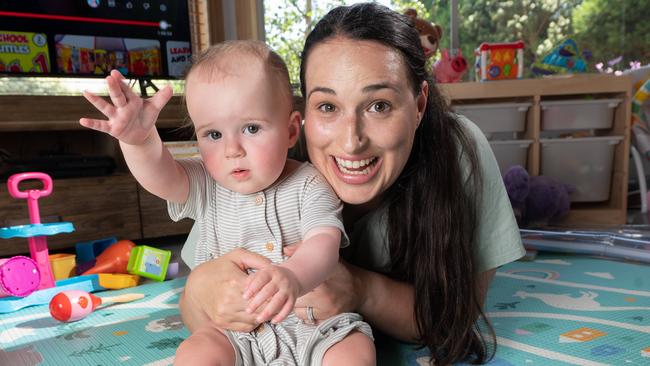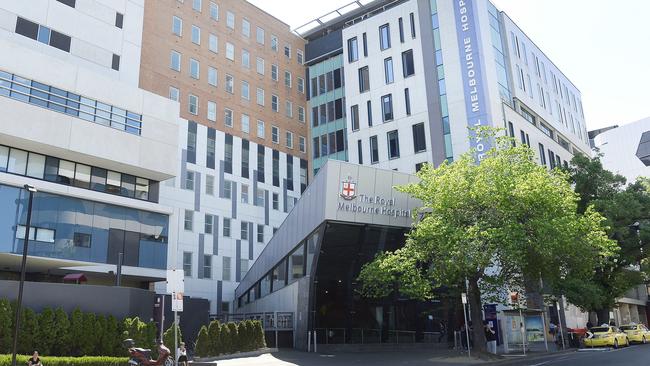How Melbourne pregnancy project saved 3000 babies
Thousands of Aussie babies born to mums with epilepsy have been saved by one project, sparking a push for more government funding.
Victoria
Don't miss out on the headlines from Victoria. Followed categories will be added to My News.
Three thousand, eight hundred.
That is the approximate number of Australian babies whose lives were saved — unbeknown to their parents and even their doctors — by a project that began two decades ago.
New Monash University research has found the Australian Pregnancy Register has prevented an estimated 1147 stillbirths and almost 2700 miscarriages — plus about 5500 birth defects such as spina bifida — between the years 2000 and 2019.
It was established in the late 1990s, in a bid to help the thousands of epileptic women who had to contend with an awful question when they fell pregnant.
Would their anti-epileptic drugs, crucial for stopping dangerous seizures, harm the baby they were so desperate to meet?
A voluntary nationwide record tracked these women’s pregnancies and the medications they were on, helping researchers’ identify the safest treatments.

A new study, published late last year in Neurology, has estimated that information helped prevent a total of 9609 adverse pregnancy outcomes over twenty years.
While researchers can never know which specific pregnancies were saved, they calculated that doing so also prevented an estimated $9bn in societal costs, and $191m in healthcare expenses.
Lead researcher and Monash University Associate Professor Zanfina Ademi said they compared data from the registry’s early days with later years, when treatment practices had changed.
“We estimated that the information collected by the register led to a decrease of 1147 stillbirths over the two decades,” she said.
Neurologist and co-author Professor Terence O’Brien said the treatment he and his colleagues offered patients had changed as a direct result of the registry.
“We now advise different doses, different drug combinations than we would have twenty years ago,” he said.
Professor O’Brien, also an investigator at the registry, said the data had not only identified medications — or doses of medications — that carried higher risks, but ones that were actually safer than stopping treatment altogether.
“Unlike certain conditions, to stop taking medication is really not a viable safe option for most women with epilepsy.
He said before the register, women felt caught “between the devil and the deep blue sea” – evaluating the risks of seizures or medication — and some sadly suffered fatal episodes after choosing to stop treatment.
“That sort of misinformation (about needing to stop medication) is much less common in the community now than it was previously,” he said.

Associate professor Ademi said she hoped the “huge” financial savings shown in their study would justify more government funding for the register.
It is based at Royal Melbourne Hospital and sustained by donations, particularly from Epilepsy Action Australia.
“The savings in a year are so much higher than the (cost of the) registry running, which is $250,000,” she said.
“For every dollar that the government would have invested in this registry, the return on investment will be around $2000 dollars.”
But for Victorian mum Leah Mairno, who was diagnosed with epilepsy while pregnant with her daughter Isabella, the registry was priceless.
She said she felt “very reassured” knowing women in her position had still had successful pregnancies and was put on the safest medication for her baby, who is now one and “flourishing”.
“If it could be government funded that would be great, because you’d be able to save so many more babies,” she said.
“We’re very lucky to have this.”




